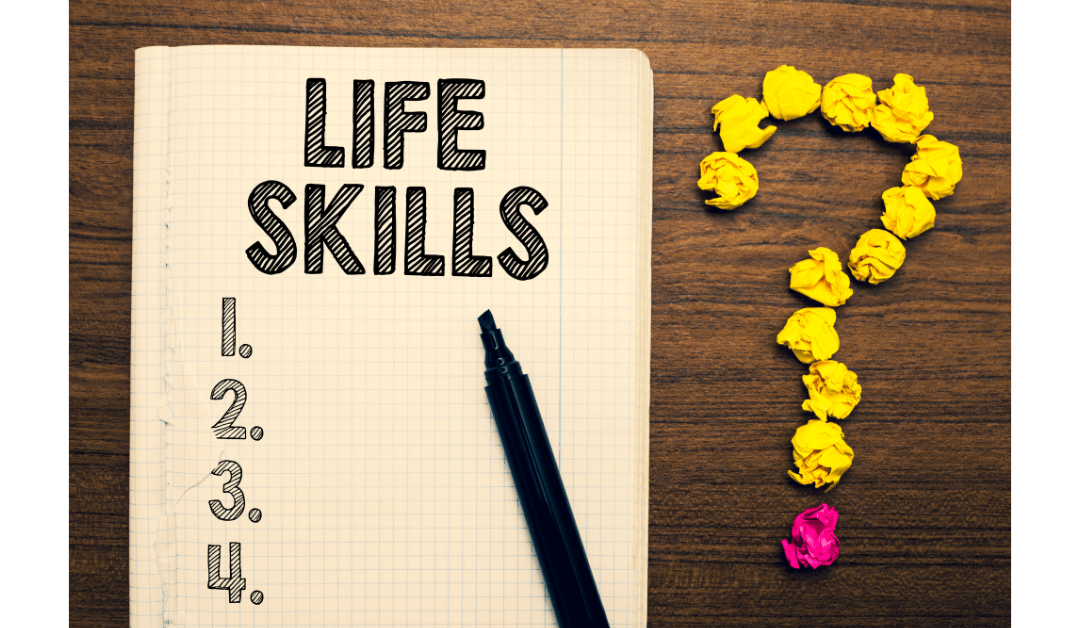Emotional Intelligence skills are life skills: Self-awareness, emotional hygiene, recognising other people’s emotions and feelings, motivating yourself and managing emotions in others are life skills. But what does that mean?

Life Skills Improve Your Life
That’s the standard idea people express when they use the term: Life skills are important because they allow you to cope with life and/or improve it in some way.
They turn you into a better person. When you practise emotional hygiene regularly, for example, you are no longer at the mercy of your anger. Nor is anyone else. If you can motivate yourself to do any task, you can succeed no matter which career path you choose.
Life skills make your life easier. If you are self-aware, you notice frustration immediately and make the necessary changes. When you know how the other person feels, you can choose the best reaction possible. For instance, you notice your friend is sad so you keep that amazing joke you heard yesterday for next time.
So far, so excellent and true. To me, though, the term “life skills” has another layer of meaning which makes learning and practising life skills so much easier.

Life Skills Are Your Life
Not your entire life, of course. Other habits, actions and skills are also a part of your life. But in order to truly help you be your best you, life skills need to become a part of your life. What do I mean by that?
You cannot learn a life skill once and be done with it. You practise the skill every single day for the rest of your life.
That’s how a life skill becomes a part of your life, something you do every single day. Emotional Intelligence skills are life skills, meaning you learn them and then you turn them into habits which you practise every single day.
And that’s not even all. You even re-learn a life skill repeatedly. Maybe in different versions, like the three different paths to self-awareness. Or from different teachers who will show you a variation or a whole new perspective on a skill you thought you’d already nailed. You will certainly practise on different levels.
So say goodbye to the notion of learning EI skills and hello the idea of living them. Live self-awareness and emotional hygiene. Practise recognising emotions in others and how to influence them. Every day of your life.
Some of the life skills you learn will come easily to you. They’ll turn effortlessly into habits. Others you might practise consciously for the rest of your life.
But every single life skill is worth the effort because they do make your life better, easier and calmer. Because they do help you be your best you.
